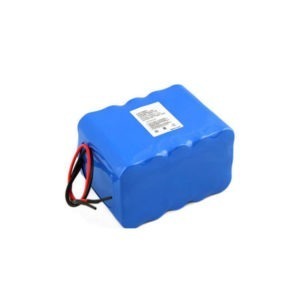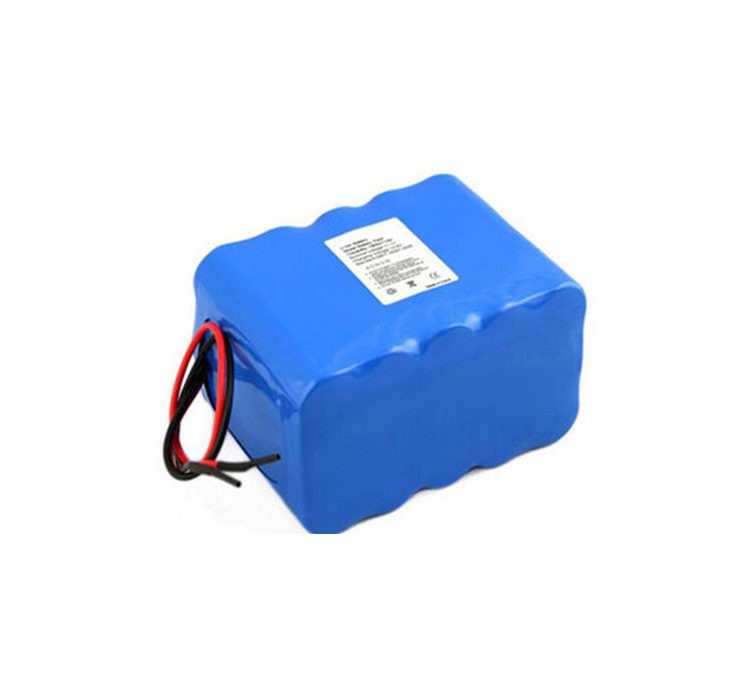Application areas of lithium batteries
Lithium batteries are a class of rechargeable batteries that use graphite or other carbon materials as the negative electrode and lithium-containing compounds as the positive electrode. It is a type of battery that uses a non-aqueous electrolyte solution with lithium metal or lithium alloy as the positive/negative electrode material. The application fields of lithium battery are the Consumer goods field, Industrial field, special field, etc.
1. Consumer goods field
Mainly used in digital products, cell phones, mobile power, notebooks, and other electronic devices. Commonly used are 18650 lithium batteries and lithium polymer batteries.
2. Industrial field
Mainly used in medical electronics, photovoltaic energy storage, railroad infrastructure, security and communication, exploration and mapping, etc. Commonly used are energy storage/power lithium battery, lithium iron phosphate battery, lithium polymer battery, 18650 lithium battery.
3. Special field
Mainly used in the field of aerospace, naval vessels, satellite navigation, high energy physics, etc. Commonly used are ultra-low temperature lithium batteries, high-temperature lithium batteries, lithium titanate batteries, explosion-proof lithium batteries, etc.

Why does winter affect the use of lithium batteries?
Inside the lithium battery, all lithium ions are reserved for the positive electrode, while the negative electrode is made up of graphite (carbon) to form the lithium battery temperature. Between the positive and negative poles are contained electrolyte and diaphragm. And the discharge process of lithium batteries is the lithium-ion from the negative pole to the positive pole of the mobile process, and through the discharge of lithium batteries to supply the electric power required for the operation of electric vehicles.
Lithium battery temperature: speed science|Why the winter lithium battery travel range is not powerful? And in the case of falling temperatures, the speed of that charging and discharging process will slow down the lithium battery temperature. Thus, the current of discharge becomes smaller, and the capacity of the battery becomes smaller. The lithium battery is marked working temperature of 0-40 ℃.
But in fact, when the temperature is lower than 25 ℃, there will be a certain level of performance decline: the battery capacity is reduced, the discharge rate becomes slower, the battery output power becomes smaller. Lithium battery in 25 ℃ to reach a higher capacity value, 25 ℃ is a variety of range test temperature lithium battery temperature in the test. In fact, due to the different materials and processes of lithium batteries, the data are slightly different.
